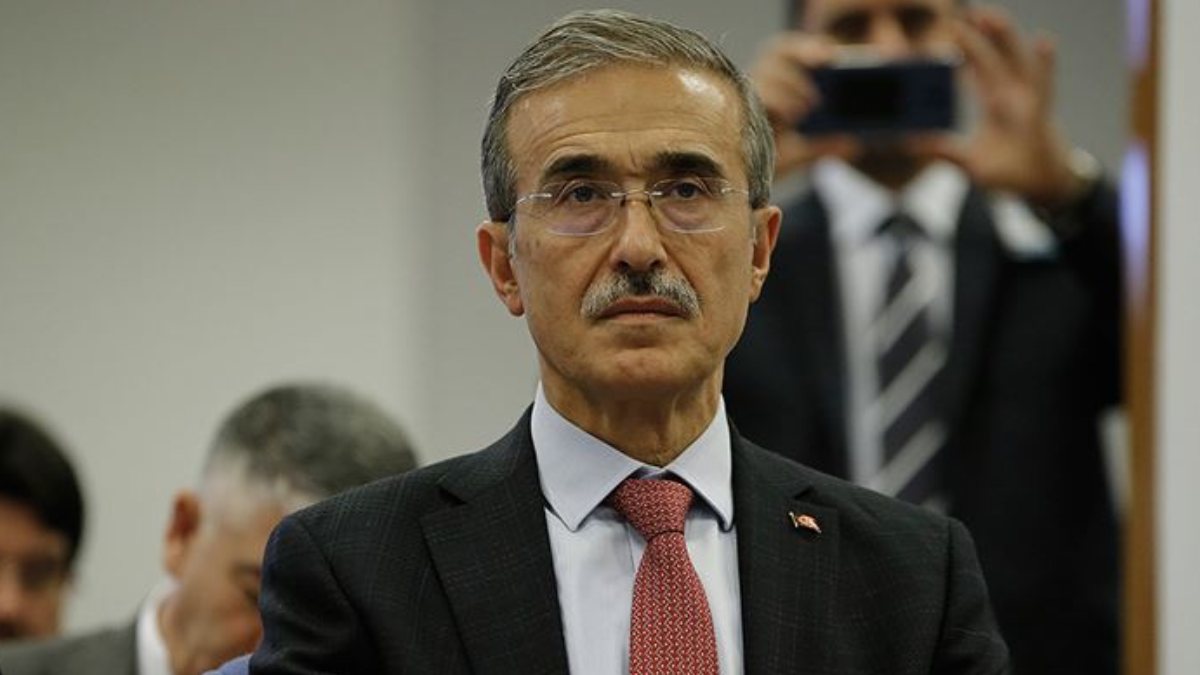
Turkey is among eight nations granted temporary waivers from sanctions the U.S. reimposed Monday on Iran’s oil sector.
China, Greece, India, Italy, Japan, South Korea, and Taiwan were also granted exemptions that will allow them to continue importing Iranian crude oil. The exemptions are intended to ensure oil markets continue to be well-supplied, said Secretary of State Mike Pompeo.
Iran is OPEC’s third largest oil exporter.
NEGOTIATIONS IN PROGRESS
The top diplomat said each country “has already demonstrated significant reductions in the purchase of Iranian crude over the past six months,” adding two of the eight have reduced imports of Iranian crude to zero.
“We continue negotiations to get all of the nations to zero,” he said.
Pompeo and Treasury Secretary Steven Mnunchin jointly announced the new economic penalties, which the Donald Trump administration claims are the “largest ever single-day action targeting” Iran.
In addition to Iran’s oil sector, the U.S. measures target the country’s shipping, shipbuilding, and banking sectors.
IRAN SANCTIONS
More than 700 individuals, entities, aircraft, and vessels were blacklisted, including 50 Iranian banks and their domestic and foreign subsidiaries. In excess of 300 entities who were blacklisted are new designations. The others had sanctions that were lifted as part of nuclear deal world power struck with Iran reimposed.
“We are making it abundantly clear to the Iranian regime that they will face mounting financial isolation until they fundamentally change their destabilizing behavior,” Mnuchin told reporters. “We are watching the Iranian regime with laser focus. If they try to evade our sanctions, we will take actions to obstruct their activity time and time again.”
Monday’s action brings to more than 900 the number of Iranian entities sanctioned by the Trump administration in nearly two years.
Pompeo further said the U.S. has decided to grant “narrow and temporary waivers to permit the continuation of three nonproliferation projects currently underway.”
“Allowing these activities to continue for the time being will improve ongoing oversight of Iran’s civil nuclear program and make these facilities less susceptible to illicit and illegal nuclear uses,” he said. “Rest assured, Iran will never come close to getting a nuclear weapon on president Trump’s watch.”
IRAN’S CIVIL NUCLEAR PROGRAM
The State Department identified the three civil nuclear projects as the heavy water reactor at Arak, the Fordow uranium enrichment site and the Bushehr nuclear power plant, which is Iran’s oldest.
“Permitting these specific activities to continue is an interim measure that preserves oversight of Iran’s civil nuclear program,” the department said in a statement.
Iranian President Hassan Rouhani struck a defiant tone after the U.S. announcement vowing Tehran would “break U.S. embargoes as they are cruel and against UN regulations, pacts and resolutions.”
Trump unilaterally withdrew the U.S. from the 2015 Joint Comprehensive Plan of Action in May, setting the stage for Washington to reimpose all of the sanctions it lifted as part of the agreement.
All of the other signatories — China, the European Union, France, Germany, Iran, Russia, and the United Kingdom — have remained in the deal.
The accord provided Iran with billions of dollars in relief from international sanctions in exchange for sweeping curbs on and inspections of its nuclear program.
Germany vowed Monday to continue legitimate business relations with Iran under EU law, despite the U.S. decision.
“In close coordination with our European partners, we are monitoring developments and examining options on how to protect the economic basis of this agreement and protect our companies,” government spokesman Steffen Seibert said.











